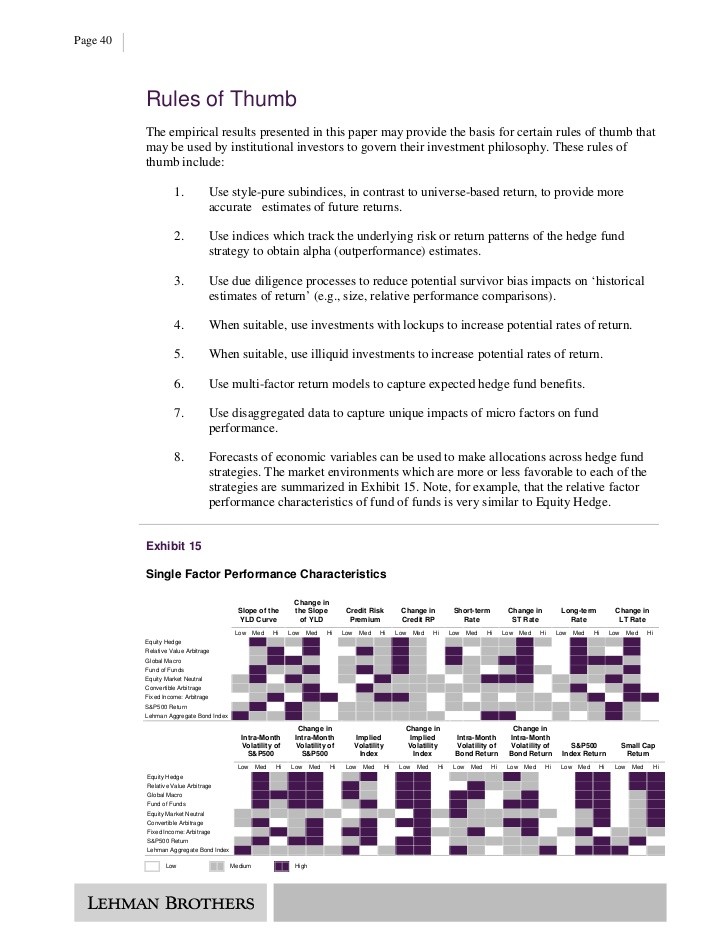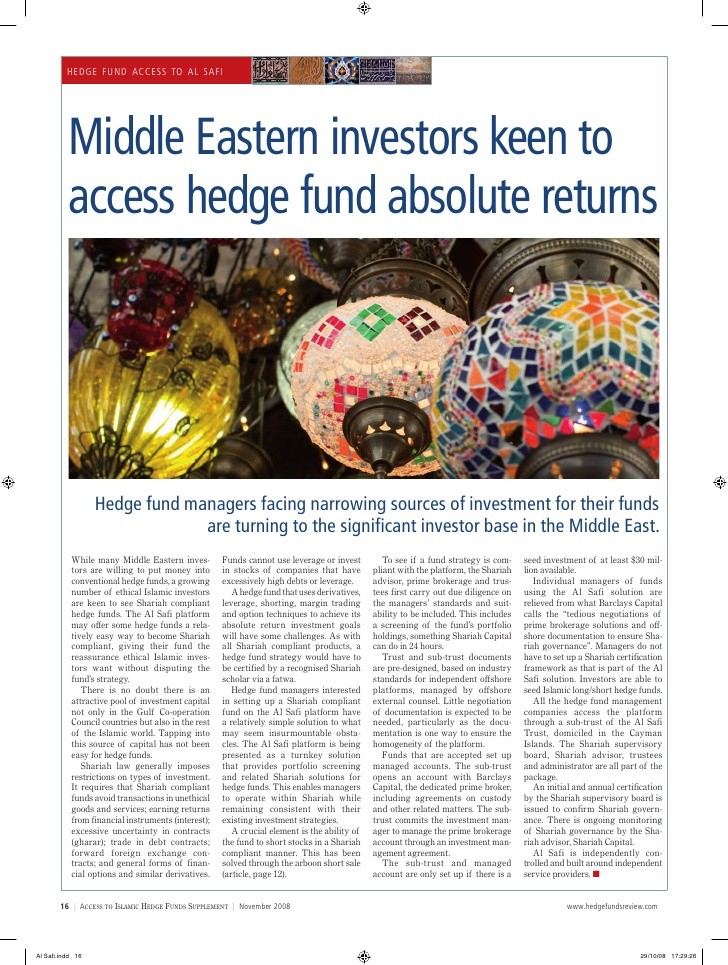Hedge funds offer more information to investors May 26 2000
Post on: 21 Май, 2015 No Comment

NEW YORK (CNNfn) — While hedge fund managers have been notoriously tight-lipped about their holdings, industry experts say the doors may be slowly creaking open.
A new survey released recently shows that hedge fund managers are more willing to divulge key positions to investors — a sign that those risky investments may soon look more like mutual funds that regularly publish their holdings.
The analysis by the Hennessee Hedge Fund Advisory Group in New York shows that 55 percent of hedge fund managers are willing to reveal their top portfolio holdings. Because hedge funds are not publicly regulated like mutual funds, managers are not subject to strict disclosure rules .
Charles Gradante, president and CEO of the global investment advisory firm Hennessee Group, said that over the last several years, managers have gradually begun offering information more readily to shareholders as competition heats up.
There is conversation that over the next ten years, hedge funds would become like mutual funds, Gradante said. There is some merit to that conversation, but I think there might be some lag time.
Some industry participants say hedge funds are at a crossroads as smaller funds begin to make a name for themselves and are more willing to reveal their holdings. Macro-type funds, which invest in a variety of securities, have typically been hush-hush in revealing their holdings, according to Gradante.
The macro managers have given the industry a black eye, he said.
Veteran macro-type managers running mammoth funds — such as Julian Robertson and George Soros — recently announced either liquidations or restructurings due to bad bets amid volatile markets.
Razmig Bulujian, a portfolio manager in Pasadena, Calif. said newer, smaller funds won’t stay alive in this market if they don’t readily disclose holdings and other information, since investors are demanding more transparency.
The hedge fund industry has gone from being a small private network to something that is probably more and more (an investment) the American public is interested in, said Bulujian, who began running a $3 million hedge fund in January.
(Long-Term Capital Management) was a turning point, and investors want to make sure the manager stays in the mandate (of the fund), Bulujian said.
In 1998, Long-Term Capital Management, the hedge fund run by former Salomon Inc. Vice Chairman John Meriwether, roiled markets when the fund made a bad bet on interest rates. The Federal Reserve stepped in to negotiate a $3.6 billion bailout plan. The fund ultimately paid back $1.3 billion to investors, but many on Wall Street regarded the fund’s near-collapse as a warning sign for high-flying hedge funds.
Investor shift
So who are these investors who are clamoring for more disclosure in the industry?
Typical shareholders are foundations, pension funds, university endowments and wealthy investors. Unlike mutual funds, hedge funds require substantial minimum investments of up to $1 million, so mom-and-pop investors are usually shut out.
But in recent years, institutional investors such as pensions, corporations, retirement plans and endowments have been increasing their exposure to hedge funds.
According to the Hennessee Group, individual investors still make up more than half of all hedge fund shareholders, although this number is down sharply from 75 percent in 1995.
This shift is a sign that huge corporate investors, such as the California Public Employees’ Retirement System (Calpers), are jumping on the bandwagon interested in diversifying their portfolio to gaining huge returns hedge funds are capable of demonstrating, Gradante said. Calpers, the largest pension system in the U.S. made its first hedge-fund investment in August 1999 .

It’s as easy as clicking here
Getting information about a particular hedge fund on the Internet may soon be easier. According to the Hennessee survey, which questioned 634 funds, 63 percent of managers plan on launching a Web site to provide performance numbers, net asset value figures and other portfolio information.
This is going to revolutionize hedge funds and how we get to know businesses in the next few years, said Lee Goldsmith, principal and founder of Market Mathematics, a research firm that provides analysis for institutional investors. It’s the global newsprint.
Stick with a style that works
Regardless of how much you know about your hedge fund’s holdings, experts say you should pick a style and stick with it.
Fund manager Bulujian pointed out that Tiger Management’s founder Robertson stuck to his value-style strategy up until the end — when he closed his doors in late March after value stocks dropped in value.
That goes back to not changing your mandate, Bulujian said. (Robertson’s) investment philosophy for decades worked. Over the short term it might be out of favor.
Just this week, as United Airlines and US Airways (U. Research. Estimates ) announced a planned merger, Robertson, a majority US Airways shareholder, continues to buy value stocks, like United’s parent company, UAL Corp. (UAL. Research. Estimates ).
(We) bought some United this morning (Wednesday) strictly because it’s down like this, and it’s down when there’s an enormous opportunity in front of it, Robertson said on CNNfn.
— Click here to send email about this story to Staff Writer Jennifer Karchmer.














